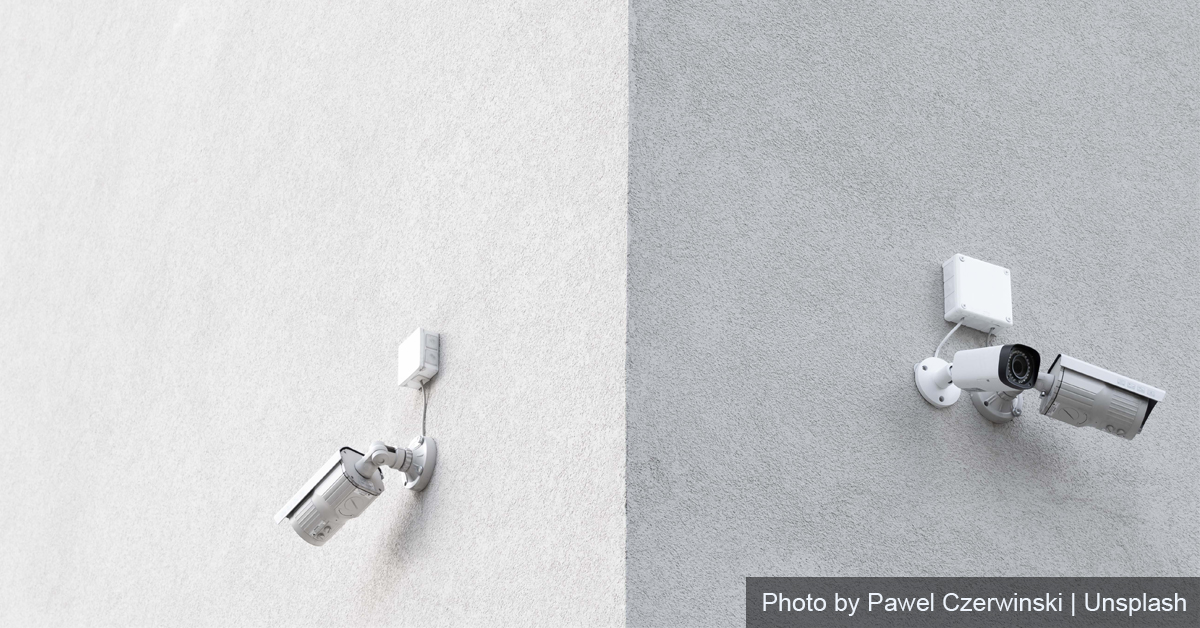 Singaporeans support some surveillance in fight against COVID-19 but are less open to unconsented cell phone data tracking
Singaporeans support some surveillance in fight against COVID-19 but are less open to unconsented cell phone data trackingSingaporeans accept giving up some privacy in the fight against COVID-19 so that they can keep safe and resume their normal activities as soon as possible. Data from more than 1,500 Singaporeans in an ongoing Toluna survey found that 87 per cent of respondents were agreeable to imposing strict surveillance on people who need to be quarantined.
Fifty-eight per cent of respondents also agreed on the use of CCTVs to monitor people’s movements during the circuit breaker period. However, while only 49 per cent of respondents were agreeable to having their cell phone data tracked without their consent, 59 per cent were agreeable to a compulsory contact tracing phone application to gain entry to public places.
Researchers also examined the characteristics of respondents who were more amenable to the use of cell phone data tracking and CCTV monitoring.
Nearly 80 per cent of respondents said that it is important to report errant groups who do not practise social distancing measures during the Circuit Breaker period to the authorities. Among those who said that it is important, 55 per cent supported unconsented cell phone tracking while 64 per cent were agreeable to CCTV monitoring.
About 80 per cent of Singaporeans were at least somewhat satisfied with how the government is handling the pandemic with as many as 92 per cent satisfied with the way the government is keeping the healthcare system running.
Seventy-six per cent of respondents were supportive of the Government’s strong efforts to prevent the spread of infections outside of foreign worker dormitories. Among this group, 54 per cent were agreeable to unconsented cell phone tracking while 64 per cent said they support CCTV monitoring.
A small number of respondents said that their mental and emotional states have been affected – 23 per cent had difficulty concentrating, 22 per cent showed irritable behaviour or had anger outbursts. Support for surveillance technologies amongst this group of respondents was high.
Of those who said that they found it quite or very difficult to concentrate, or frequently experienced irritability or had anger outbursts as a result of the COVID-19 pandemic, over 65 per cent agreed to unconsented cell phone tracking while slightly more agreed to CCTV monitoring. Those who were worried about their friendships being strained were more agreeable to the use of surveillance technologies.
There was more support for surveillance technologies among those who were employed full-time compared to part-timers and those who are self-employed.
Researchers believe the correlations suggest the public is open to allowing the government more powers since it is perceived to have been effective in dealing with the pandemic. This is especially so if this can result in better outcomes, particularly the resumption of “normal” social and work routines.
However, for the population to be more supportive of such measures in the effort to deal with the pandemic, greater clarity on issues such as the use of sensitive data and ways to mitigate the risk of privacy breaches is necessary.
Read the report
here.
Media Coverage